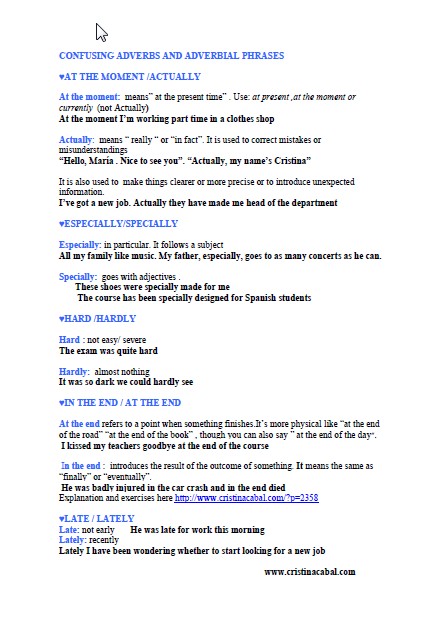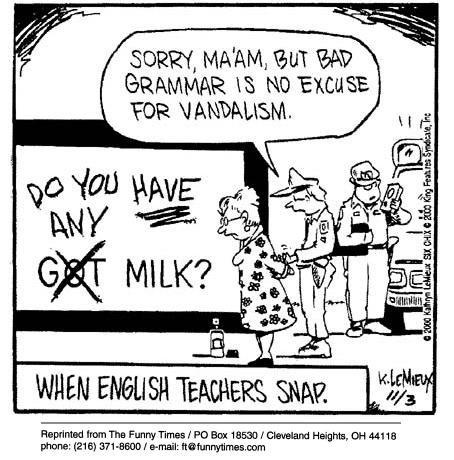Have you ever wondered what’s the difference between England and Great Britain? Has it ever crossed your mind  the possibility that The United Kingdom and Great Britain might not be synonyms? I’ve come across this beautiful picture from Taste of Awesome.com, that beautifully helps clarify these terms. I’ve just added the words Great Britain. I hope the author doesn’t mind. And, whatever you do, “never” call a Scottish person English or ask them why they wear skirts. Please, it is a kilt, not a skirt!! There is a big difference!!
the possibility that The United Kingdom and Great Britain might not be synonyms? I’ve come across this beautiful picture from Taste of Awesome.com, that beautifully helps clarify these terms. I’ve just added the words Great Britain. I hope the author doesn’t mind. And, whatever you do, “never” call a Scottish person English or ask them why they wear skirts. Please, it is a kilt, not a skirt!! There is a big difference!!
What a mess! I hope none of my students read this post. And why … you might be wondering? the reason is simple…. I always tell my students that English is a very easy language to learn. Hey! What do you want me to say? Do they really need to know that it is so irregular in pronunciation and spelling that even most native speakers need to think twice before daring to write some words?
If you don’t believe me, read this poem. You might change your mind!
We’ll begin with a box, and the plural is boxes,
But the plural of ox should be oxen, not oxes.
Then one fowl is a goose, but two are called geese,
Yet the plural of moose should never be meese,
You may find a lone mouse or a whole nest of mice,
But the plural of house is houses, not hice.
If the plural of man is always called men,
Why shouldn’t the plural of pan be called pen?
The cow in the plural may be cows or kine,
But a bow if repeated is never called bine,
And the plural of vow is vows, never vine.
If I speak of a foot and you show me your feet,
And I give you a boot would a pair be called beet?
If one is a tooth, and a whole set are teeth,
Why shouldn’t the plural of booth be called beeth?
If the singular’s this and the plural is these,
Should the plural of kiss ever be nicknamed keese?
Then one may be that and three would be those,
Yet hat in the plural would never be hose,
And the plural of cat is cats, not cose.
We speak of a brother, and also of brethren,
But though we say mother, we never say methren,
Then the masculine pronouns are he, his and him,
But imagine the feminine she, shis and shim,
So the English, I think, you all will agree,
Is the queerest language you ever did see
 Maybe grammarians should reach an agreement on how best categorise them ?
Maybe grammarians should reach an agreement on how best categorise them ?
 explanation.
explanation.

 saying:
saying: